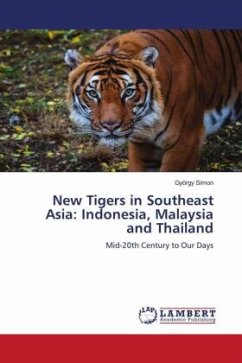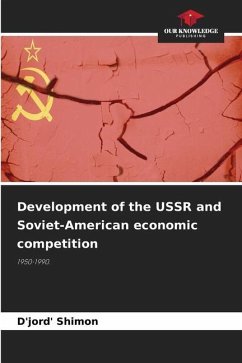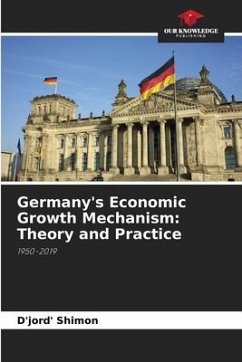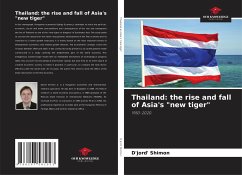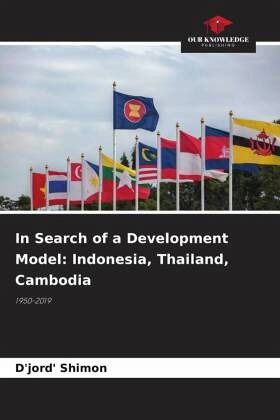
In Search of a Development Model: Indonesia, Thailand, Cambodia
1950-2019
Versandkostenfrei!
Versandfertig in 6-10 Tagen
53,99 €
inkl. MwSt.

PAYBACK Punkte
27 °P sammeln!
Among the Asia-Pacific developing countries and territories that have made progress in overcoming backwardness, four "small tigers"-South Korea, Taiwan, Hong Kong and Singapore-have managed to come closest to the industrialized West. Another group of dynamic countries, called the "new tigers," includes Indonesia, Malaysia, Thailand and the Philippines. Less-developed Cambodia has only relatively recently joined the dynamic Asian states, and its economy is largely agrarian. The author examines in his case studies the characteristics of modern development of three Southeast Asian countries - Ind...
Among the Asia-Pacific developing countries and territories that have made progress in overcoming backwardness, four "small tigers"-South Korea, Taiwan, Hong Kong and Singapore-have managed to come closest to the industrialized West. Another group of dynamic countries, called the "new tigers," includes Indonesia, Malaysia, Thailand and the Philippines. Less-developed Cambodia has only relatively recently joined the dynamic Asian states, and its economy is largely agrarian. The author examines in his case studies the characteristics of modern development of three Southeast Asian countries - Indonesia, Thailand, and Cambodia, showing the role of technological progress. The theoretical basis of the research covers the key tenets of development economics and economic growth theory. The econometric analysis primarily used a general growth model that takes into account not only physical and human capital, but also time as the event space of creative economic activity.




